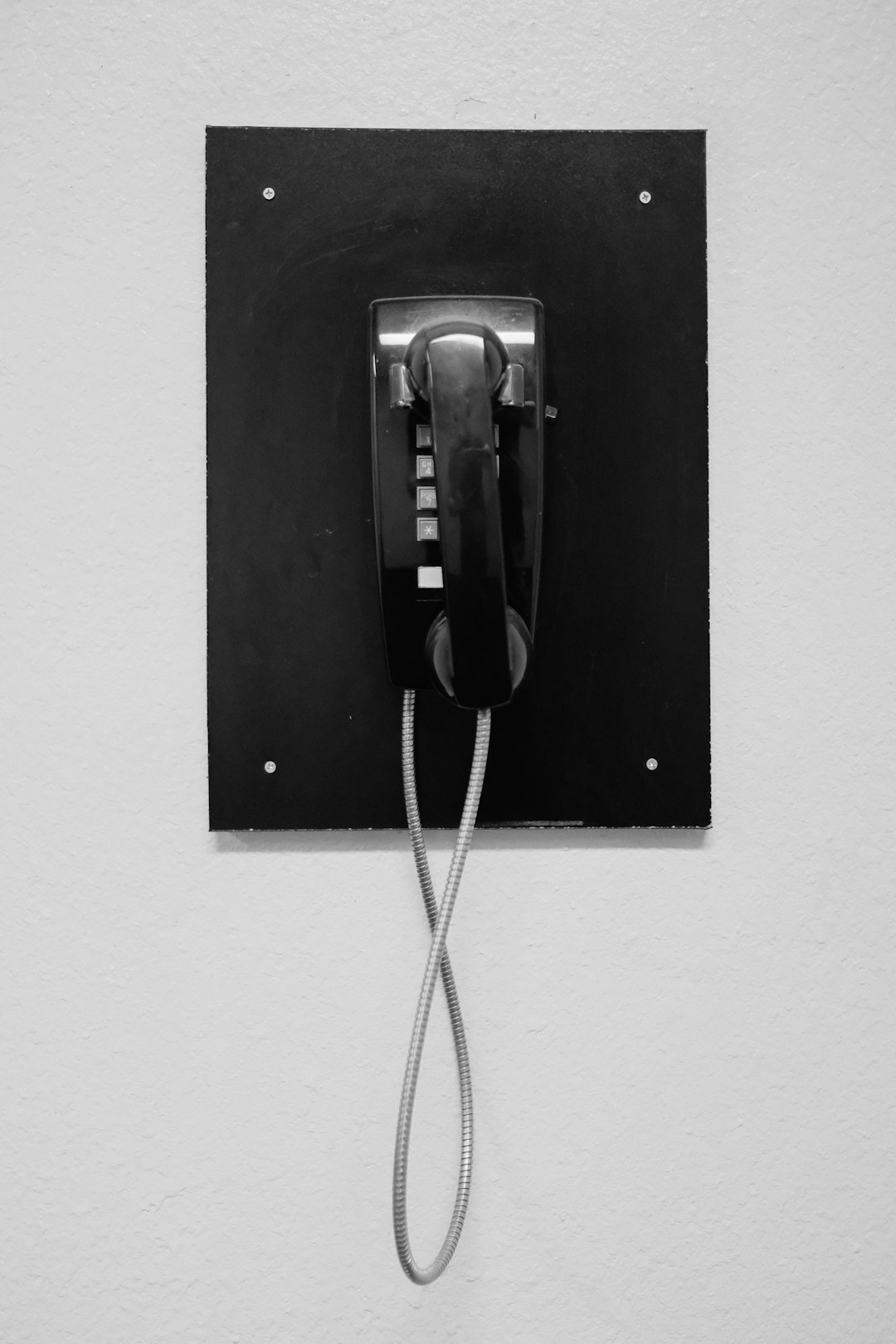Nevada's Do Not Call laws protect residents from unwanted telemarketing, especially from law firms. Firms must opt-out of calling registered numbers unless they have a prior business relationship or explicit consent, avoiding legal repercussions and respecting consumer privacy.
“In the digital age, understanding the legal frameworks surrounding spam messages is paramount, especially within states like Nevada that have stringent consumer protection laws. This article delves into the intricate details of spam message regulations in Nevada, focusing on the state’s ‘Do Not Call’ laws and their implications for law firms. We explore individuals’ rights against unsolicited calls, the enforcement of anti-spam measures within legal practices, and provide a comprehensive guide to navigating these legal frameworks effectively.”
Understanding Nevada's Do Not Call Laws

In Nevada, the Do Not Call laws are designed to protect residents from unwanted telemarketing calls, including those from law firms. These regulations are part of a broader effort to curb excessive and nuisance calls, ensuring Nevadans have control over their personal communication. The state’s Do Not Call list is similar to national registries, allowing individuals to register their phone numbers to opt-out of marketing calls.
By adhering to the Do Not Call laws, law firms in Nevada can demonstrate respect for residents’ privacy and avoid potential legal repercussions. This means refraining from calling registered numbers unless the caller has an established business relationship with the recipient or obtains explicit consent. Understanding and complying with these rules is essential for any legal practice looking to operate within the state’s regulatory framework while respecting consumer rights.
Legal Frameworks for Spam Messages in NV

In Nevada, the legal frameworks surrounding spam messages are primarily governed by state and federal regulations. The Nevada Revised Statutes Chapter 40, for instance, outlines laws against telemarketing practices that could be deemed deceptive or harmful to consumers. This includes restrictions on unsolicited phone calls and messages, often referred to as “spam,” from law firms or any other entities.
Additionally, the Telephone Consumer Protection Act (TCPA) at the federal level further safeguards Nevada residents from intrusive and unwanted communications, including automated calls and text messages. In particular, the TCPA prohibits calls made using an Auto Dialer without prior express consent, ensuring that residents’ privacy is respected. For law firms looking to comply with these regulations in Nevada, it’s crucial to understand and adhere to the Do Not Call laws to avoid legal repercussions.
Rights of Individuals Against Unsolicited Calls

In Nevada, individuals have robust rights against unsolicited calls, especially from law firms. The state’s Do Not Call laws provide a valuable shield for residents seeking to avoid annoying and intrusive phone communications. These laws allow citizens to register their phone numbers on the Nevada Do Not Call Registry, effectively blocking most telemarketing and sales calls. This registry is a powerful tool that enables Nevadans to reclaim control over their personal communication preferences.
By enrolling in the Do Not Call Registry, residents can rest assured that they won’t be disturbed by unsolicited calls from law firms or other businesses. The law strictly regulates these practices, ensuring that companies respect individual choices and avoid unnecessary contact. This measure protects privacy rights and prevents harassment, allowing people to live peacefully without constant commercial interruptions.
Enforcing Anti-Spam Measures in Law Firms

Law firms in Nevada, like anywhere else, face unique challenges when it comes to spam messages and unsolicited communications. The state’s laws, including those regarding telemarketing and Do Not Call lists, play a crucial role in enforcing anti-spam measures. Firms must ensure they respect consumer privacy and preferences, as violators can face severe penalties, including fines and legal repercussions.
Compliance with Nevada’s regulations is essential for law firms to maintain their reputation and avoid unnecessary conflicts. This involves carefully considering the types of communications sent, obtaining proper consent, and ensuring subscribers have an easy way to opt-out. By adhering to these guidelines, law firms can protect themselves from spam-related issues and foster a positive relationship with their clients in the age of digital communication.






